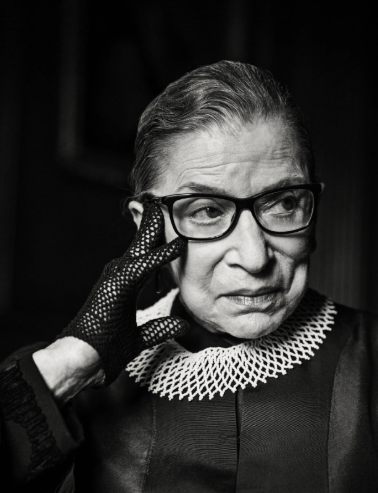It’s Natural
- Kayleigh Langston

- Jul 19, 2021
- 2 min read
Periods. A simple word that makes some people gag at the slight thought of it. A word that somehow grew into a taboo subject to the point where women must tuck away tampons and pads into pockets in hopes of not getting that “Oh my god are you on your period?!” stare. I never understood why something that is so natural, is so unnatural to talk about. Women, myself included, have resulted in using code words, mouthing of words, and pointing at bags to make sure that the public isn’t distrubed by them. But, no matter the code words that are used to signal that we need to use the restroom, harmful comments about one's body are not allowed.
But, let's start from the beginning. The roots of where periods became taboo. “Many ancient cultures and texts considered menstruation unclean. These beliefs date back thousands of years and have shaped generations of cultural stigmas. The Bible details a story of one woman who had a flow of blood for 12 years. Whether her illness was related to a menstrual cycle or not, she was regarded in Jewish law as a niddah, a word that means menstruating woman. She was considered unclean and excluded from the social and religious aspects of society. Many scholars consider these writings to be motivated by hygiene, but there is still controversy about their influence in ancient and modern patriarchal societies. Some believe that menstrual taboos and period shaming predate culture and even language.” (A) This is where misconceptions come into play, this idea that women are unclean due to a monthly bodily function pushes the conversation that periods are wrong or gross. By teaching students more about why periods exist and what the body does when a woman is on her period can help break the cycle of misconceptions and in turn push the understanding that this is natural, not gross.
If school systems change lesson plans and the classes themselves to include more in-depth teachings of periods to all genders, the barrier between periods and the taboo ideas can be broken. “Due to stigma and a lack of sexual education, menstruation knowledge remains limited, leaving many girls with negative and ambivalent feelings and experiencing psycho-social stress, which also impacts their ability to learn, said the experts.” (B) From Tik Toks, to comments under Instagram posts, these cruel comments about a woman's body hold true to show how unknowledgeable society is about women, despite how large of a percentage women hold of the world’s population. If one sits back and takes in these one-sided “facts” then they are pushing the taboo ideas. Breaking the cycle through knowledge is a true way of ending it once and for all.
We must understand that menstrual cycles are natural, we can do this by bringing it into conversations and educating the public. By taking these measures we bring a future where women and their periods are no longer taboo!
Sources:
--
Kayleigh Langston (she/her)
Cabot High School Senior
@kayleigh.langston



Comments